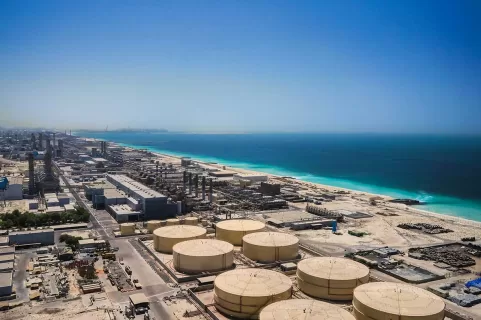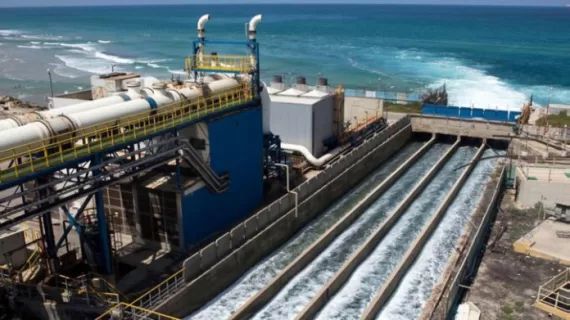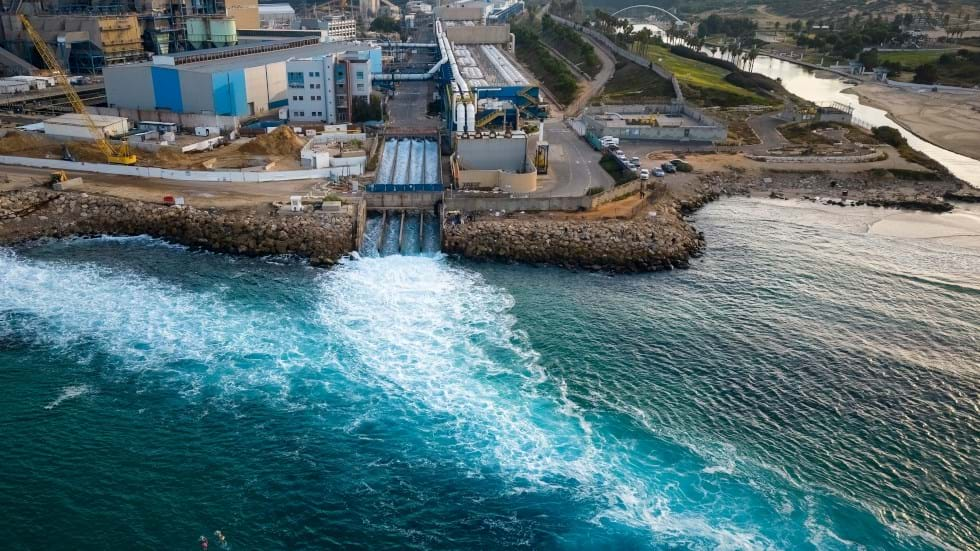The construction of Africa’s largest desalination plant is taking shape as Morocco faces its worst drought in forty years. French water specialist, Veolia has agreed in principle to build a desalination plant near the capital of Rabat. The project is expected to be undertaken under a public-private partnership that will ensure its delivery. Furthermore, it is expected that the plant will be able to produce 822 million liters of drinking water daily.
This feat makes it the biggest in Africa and the second biggest in the world. The plant will also ensure the supply of water to approximately 9 million inhabitants of Rabat, Kenitra and Fes regions. The contracted company, Veolia, is mandated with the financing, design, and building of the plant. They are also expected to run the plant for 35 years before handing it over to the Moroccan government. Veolia is hopeful that it will deliver and ensure an expeditious implementation to this monumental project.
The State of Affairs Regarding Africa’s Largest Desalination Plant
The implementation of Africa’s largest desalination plant is a prospective endeavor that Veolia is hopeful to complete soon. The company noted that it will “bring the best of its cutting-edge expertise in desalination for a reference plant in terms of efficiency, innovation, and environmental protection.” The desalination plant is expected to be a facility that can be powered mainly from power obtained from renewable sources. Once completed, it is expected to relieve the government of its stress of obtaining water. The nation currently is at its worst as it experiences a seven-year drought as rainfall continues to dwindle significantly.

Furthermore, artificial water sources and reservoirs are also at an all-time low, making acquiring water hard. The pressure that the government faces has necessitated for it to look for novel ways to address the crisis. According to the World Resources Institute, Morocco ranks as the 22nd nation in the world facing water stress. This is contributed by several factors such as scarcity of rainfall, climate change and urbanization. Furthermore, population growth also plays a significant role in this predicament.
Read also:
Construction of the Largest Desalination Plant in Southern Africa
The Significance of Morocco’s Program to Relieve Water Stress
Morocco’s government seeks to construct Africa’s largest desalination plant in an aim to reduce its water stress. However, this is just part of the ambitions the nation has in plan to ensure water supply. Four years ago, the nation unveiled a $12bn program that would span for a period of eight years to address the problem. The scope of the program entailed the construction of dams, irrigation, and improving the delivery of water in rural areas. It also included the construction of water treatment facilities, to enable reuse. The plan formed the cornerstone of the Nation’s 2020-2050 National Water Plan, approved by the government.

Over this timespan, the nation approximated around $40 billion on various water projects across the country. This includes interconnection of water in major rural areas across Morocco. American aid agency, USAID notes that many rural communities rely on a single water source. Furthermore, it highlights that the lack of a functioning sanitation network and wastewater treatment system increases scarcity.
Read also:
Senegal Cancels $800 Million Desalination Plant Deal with Saudi Arabia’s ACWA Power

Leave a Reply